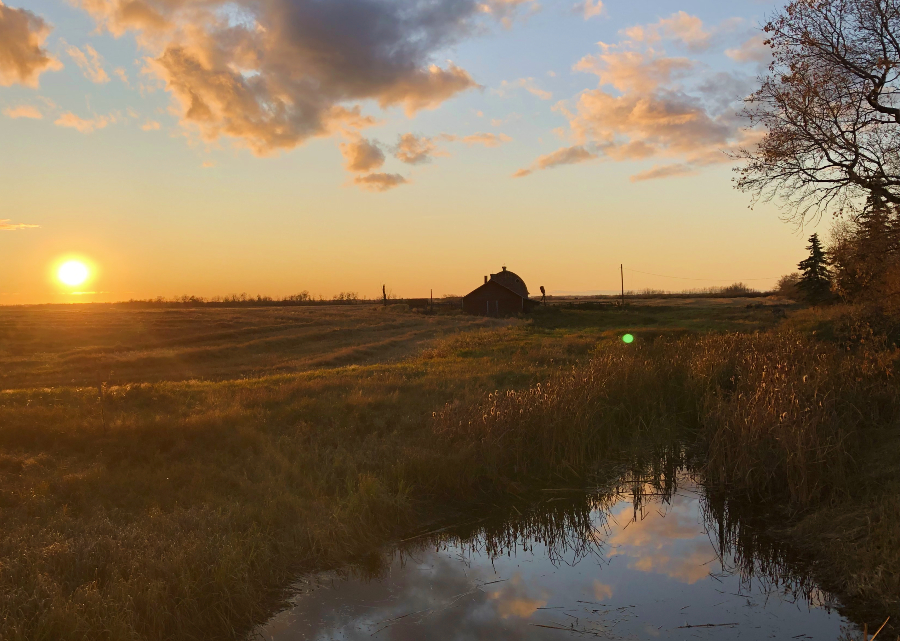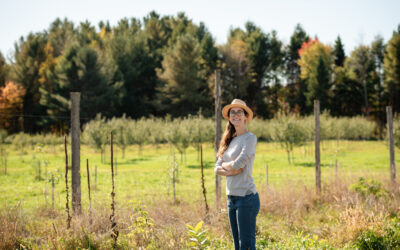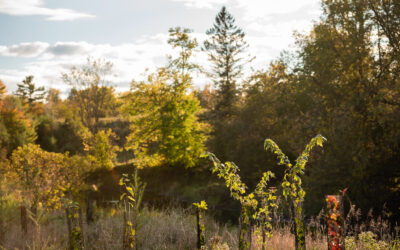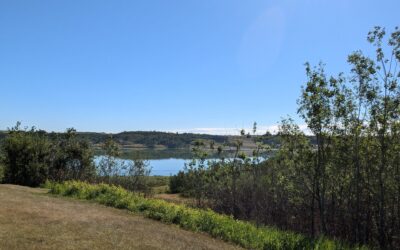PRESS RELEASE | FOR IMMEDIATE RELEASE
Calgary, Alberta | September 17, 2020 | ALUS Canada announces two new ALUS programs in Alberta

A pair of new ALUS programs in Alberta—ALUS Big Lakes and ALUS Two Hills—will produce cleaner air, cleaner water and more biodiversity to benefit their communities.
ALUS Canada is thrilled to announce the launch of two new communities in Alberta: The ALUS Big Lakes program and the ALUS Two Hills program will help produce cleaner air, cleaner water and more biodiversity to benefit the community at large.
“I am so pleased that ALUS Canada is partnering with two new municipalities in Alberta, the County of Two Hills and Big Lakes County. These new programs will create unique opportunities to support landscape-level water management, habitat creation, carbon sequestration, and other benefits for Albertans,” said Christine Campbell, ALUS Canada’s Western Hub Manager.
By launching their ALUS programs, both Two Hills and Big Lakes join a growing network of landowners who are delivering ecosystem and biodiversity benefits for the good of all Canadians, one acre at a time.
ALUS Two Hills is located northeast of Edmonton near ALUS Vermilion River, while ALUS Big Lakes is located in north-central Alberta, near ALUS Northern Sunrise. Both counties are home to important watersheds and ecosystems that ensure the health and cleanliness of groundwater across the province of Alberta.
Campbell notes that ALUS’ growth in Western Canada has been strong and quick because of the exceptional commitment of rural municipalities to environmental goals and supporting their agricultural producers.
As with all 27 ALUS programs across Canada, both the ALUS Two Hills and the ALUS Big Lakes programs will be led by a local ALUS Partnership Advisory Committee (PAC), consisting of local producers and environmental advisors. These teams will work with local ranchers to help establish ALUS projects on marginal or ecologically sensitive areas of their land.
“These new communities are natural partnerships for ALUS,” said Campbell, “as both counties actively engage with their communities and provide programming that helps farmers and ranchers produce and maintain nature on their lands.”
In both these new communities, ALUS projects will aim to address important local environmental issues. For example, Program Coordinator Sara Miller and the ALUS Two Hills PAC will focus on prioritizing riparian health and countering the loss of wetlands and grasslands.
At ALUS Big Lakes, Program Coordinator Kendra Kozdroski and her PAC will take on a wide range of projects, such as the enhancement of wetlands and riparian buffer areas, planting trees to boost wildlife, and creating pollinator habitat.
ALUS participants in both communities will receive annual, per-acre payments for the management and maintenance of their ALUS projects. Funding will also be available to help cover the cost of native seeding projects, given that seeding cropland to native grass is a slow and intricate process.
ABOUT ALUS TWO HILLS
Launched in June 2020, The County of Two Hills’ ALUS program is focused on the restoration of wetlands currently being farmed for commodity production, such as grain or cattle, and converting that back into duck and wildlife habitat. For more information on ALUS Two Hills, visit https://alus.ca/alus_community/alus-two-hills/ or contact Program Coordinator Sara Miller: 780-657-3358 smiller [at] thcounty.ab.ca

ABOUT ALUS BIG LAKES
Launched in 2019-20, the ALUS Big Lakes program focuses on enhancing flood and drought resilience, water quality and wetlands in a beautiful part of northwestern Alberta. For more information on ALUS Big Lakes, visit: https://alus.ca/alus_community/alus-big-lakes/ or contact Program Coordinator Kendra Kozdroski: 780-523-5955 x2259 KKozdroski [at] biglakescounty.ca

ABOUT ALUS CANADA
ALUS Canada, A Weston Family Initiative, is a national program helping farmers and ranchers produce cleaner air, cleaner water, more biodiversity and other ecosystem services in their communities. ALUS Canada has disbursed nearly $8.1M in funding to 25 ALUS communities, an investment that is multiplied by farmers, ranchers and communities on the ground. There are now nearly 24,000 acres enrolled in the ALUS program, thanks to 750 participants in six provinces. For more information, visit ALUS.ca and follow @ALUSCanada on Twitter Instagram Facebook YouTube




